The expansion of BRICS has opened a new page in the development history of this bloc. With growing economic power and the participation of resource-rich countries, BRICS is gradually asserting its position in the international arena.
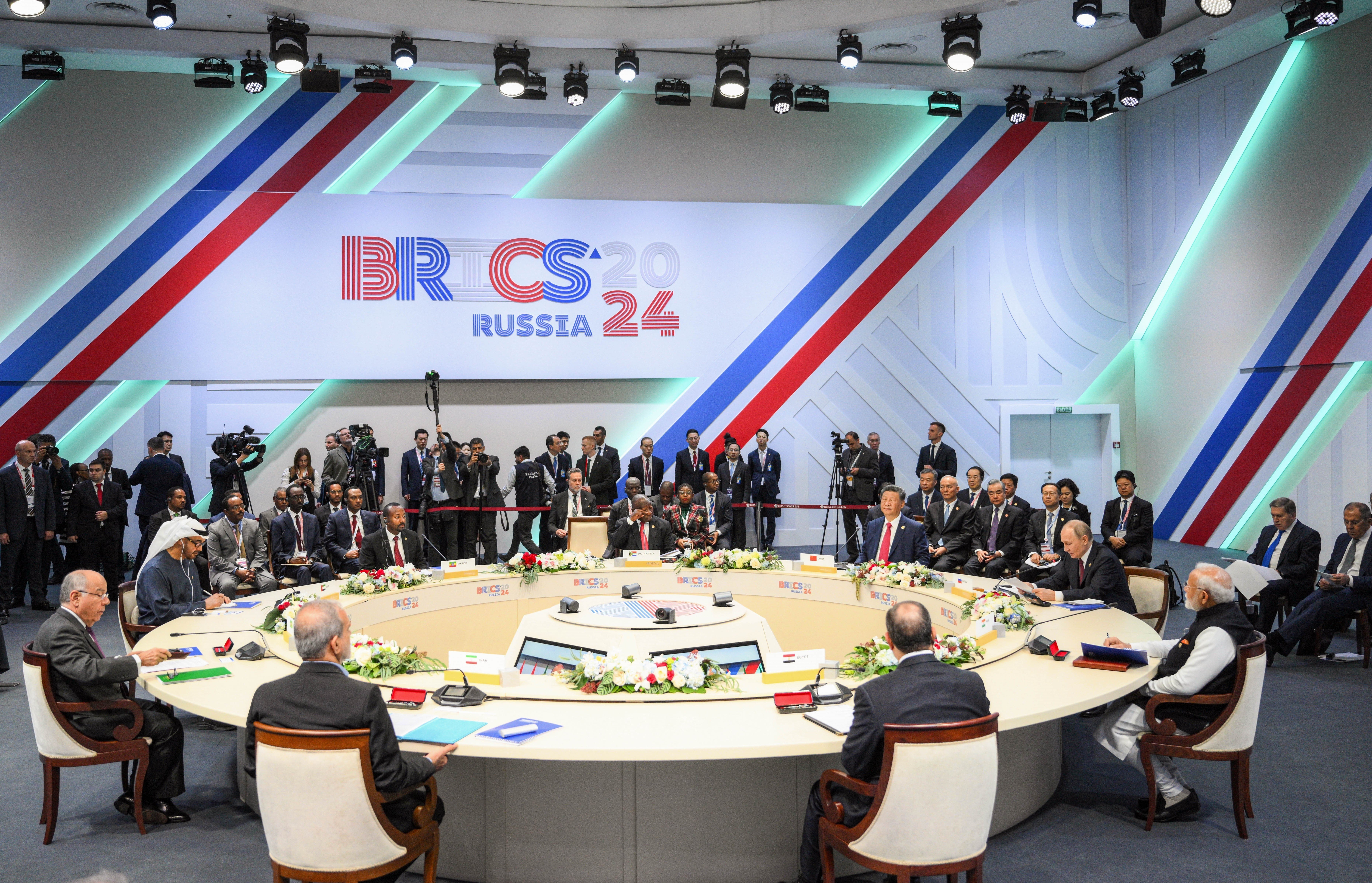
According to Zerohedge.com on October 23, the BRICS bloc, with initial members including Brazil, Russia, India, China and South Africa, has officially expanded to include four new countries: Egypt, Ethiopia, Iran and the United Arab Emirates (UAE). This event not only marks an important turning point in the history of BRICS but also has the potential to reshape the global economic and political landscape.
The expansion of BRICS brings the total membership to 11 countries, accounting for about 45% of the world's population and 35% of global GDP at purchasing power parity (PPP). According to a report by Felix Richter of Statista, the entry of new countries will help BRICS strengthen its role as a counterweight to the G7 and other Western organizations. South African President Cyril Ramaphosa stressed that BRICS is aiming to become an organization that protects the needs and concerns of people in the Global South.
One of the main drivers of BRICS expansion is the desire to break the dominance of the US dollar and Western financial institutions. By welcoming Iran and the UAE, BRICS now controls nearly 50% of global oil production, a decisive factor in the current geopolitical landscape. This also means that the bloc can exert a strong influence on global energy markets and international oil negotiations.
China's growing influence in BRICS
Although BRICS positions itself as a multilateral, equal alliance of nations, China's preeminent role cannot be denied. It accounts for a large share of the bloc's GDP, and when measured by purchasing power parity, China's GDP exceeds the combined GDP of the other BRICS members.
However, China’s role is also helping to promote important investment projects, including the new investment platform announced by Russian President Vladimir Putin at the BRICS summit in Kazan, Russia. This platform is expected to provide financial support to member countries while opening up opportunities for cooperation with international partners.
Along with that, one of the important goals that BRICS leaders discussed at the summit was to strengthen financial cooperation and develop payment systems independent of the West. According to TASS, the Russian Ministry of Finance announced the "BRICS Bridge" platform, which allows payments in national currencies and digital currencies. This will not only help member states reduce their dependence on the US dollar but also facilitate the promotion of intra-bloc trade.
However, BRICS still faces some major challenges. In 2023, despite accounting for nearly half the world’s population, the bloc accounted for just 22% of global merchandise exports, with China accounting for two-thirds. This reflects a trade imbalance among BRICS members, requiring better balancing among countries for equitable economic development.
Reshaping the geopolitical landscape
The expansion of BRICS is not only of economic significance but also affects the global geopolitical situation. In the context of geopolitical crises such as the conflict in Ukraine and tensions in the Middle East, BRICS is becoming an important counterweight to the West. According to international relations expert Artem Tkachev, BRICS has the ability to participate in negotiations and conflict resolution, especially with the participation of Iran - an influential country in the Middle East.
BRICS leaders have also been united in their support for United Nations reform, including reform of the Security Council to make it more representative and effective. This is part of efforts to promote democracy and diversify international power, reflecting BRICS' vision of a multipolar world.
In short, the expansion of BRICS has opened a new page in the history of the bloc’s development. With its growing economic power and the participation of resource-rich countries, BRICS is gradually asserting its position in the international arena. Despite challenges, BRICS still has the potential to become an important economic force, reshaping the global economic landscape in the coming decade.
According to VNA
Source: https://doanhnghiepvn.vn/quoc-te/su-mo-rong-cua-brics-dinh-hinh-lai-boi-canh-kinh-te-va-chinh-tri-toan-cau/20241024100949338


![[Photo] Prime Minister Pham Minh Chinh meets with the Policy Advisory Council on Private Economic Development](https://vphoto.vietnam.vn/thumb/1200x675/vietnam/resource/IMAGE/2025/5/8/387da60b85cc489ab2aed8442fc3b14a)

![[Photo] National Assembly Chairman Tran Thanh Man chairs the meeting of the Subcommittee on Documents of the First National Assembly Party Congress](https://vphoto.vietnam.vn/thumb/1200x675/vietnam/resource/IMAGE/2025/5/8/72b19a73d94a4affab411fd8c87f4f8d)

![[Photo] General Secretary To Lam begins official visit to Russia and attends the 80th Anniversary of Victory over Fascism](https://vphoto.vietnam.vn/thumb/1200x675/vietnam/resource/IMAGE/2025/5/8/5d2566d7f67d4a1e9b88bc677831ec9d)












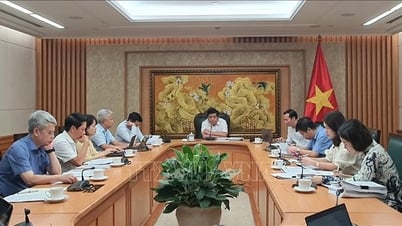












![[Photo] President Luong Cuong presents the decision to appoint Deputy Head of the Office of the President](https://vphoto.vietnam.vn/thumb/1200x675/vietnam/resource/IMAGE/2025/5/8/501f8ee192f3476ab9f7579c57b423ad)






























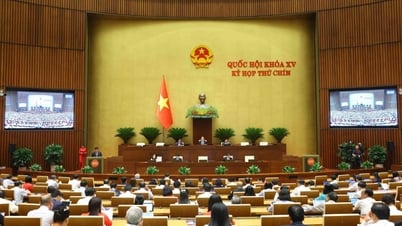

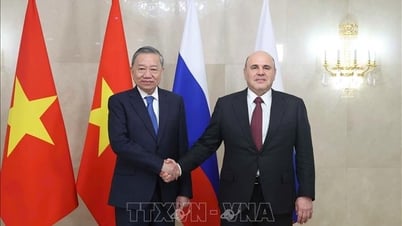
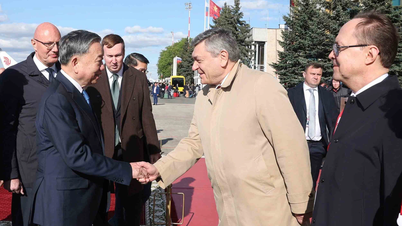












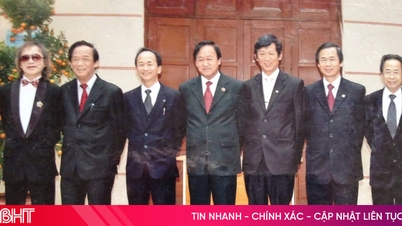






















Comment (0)